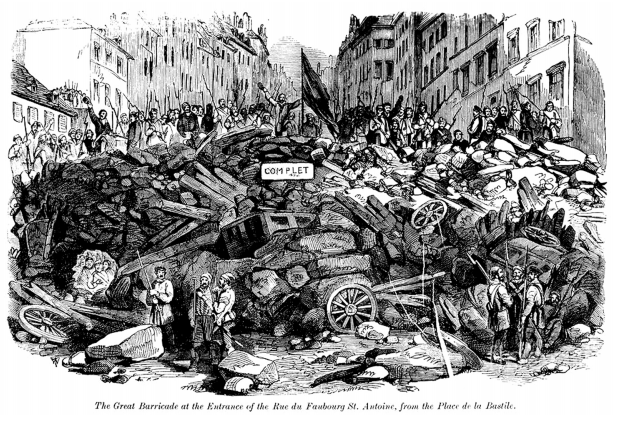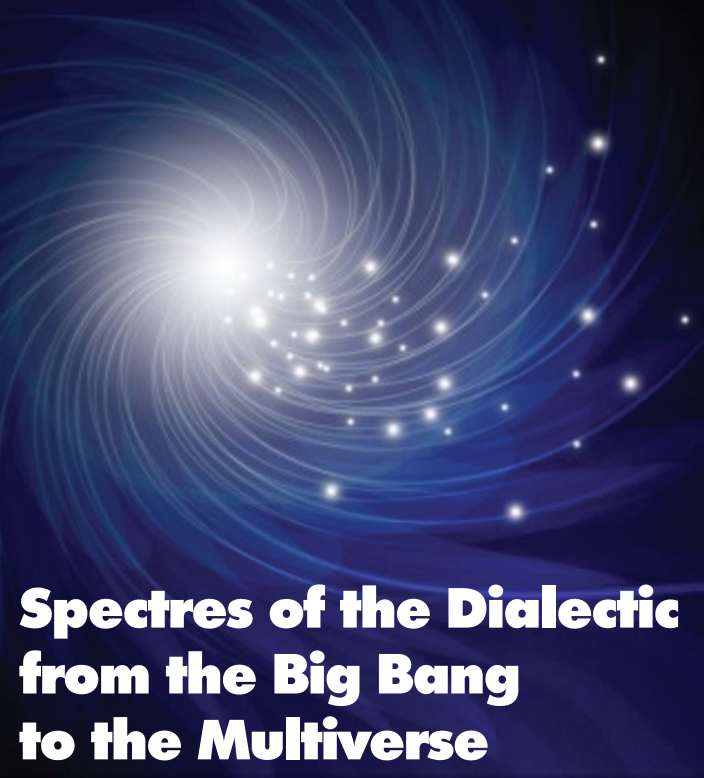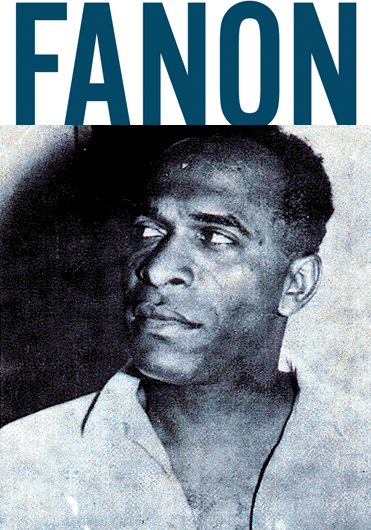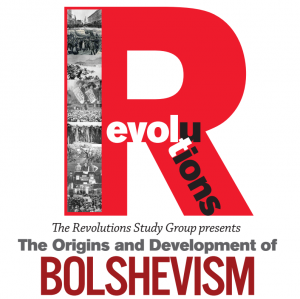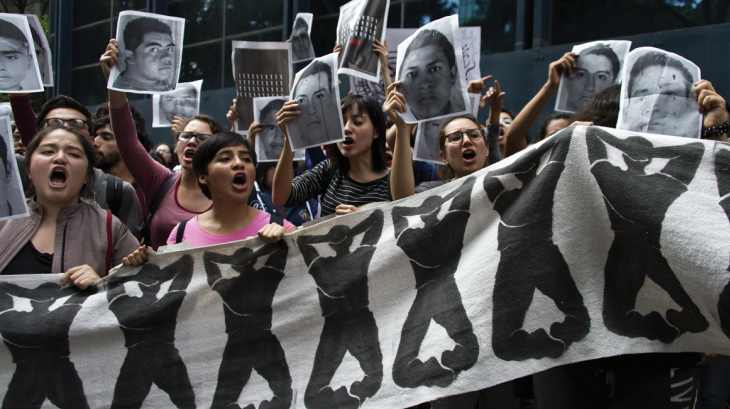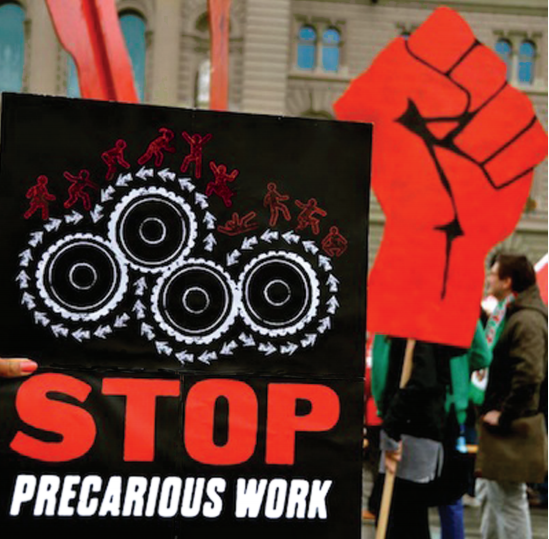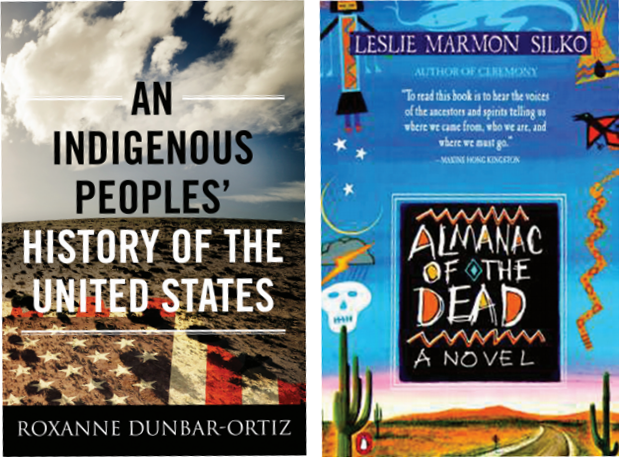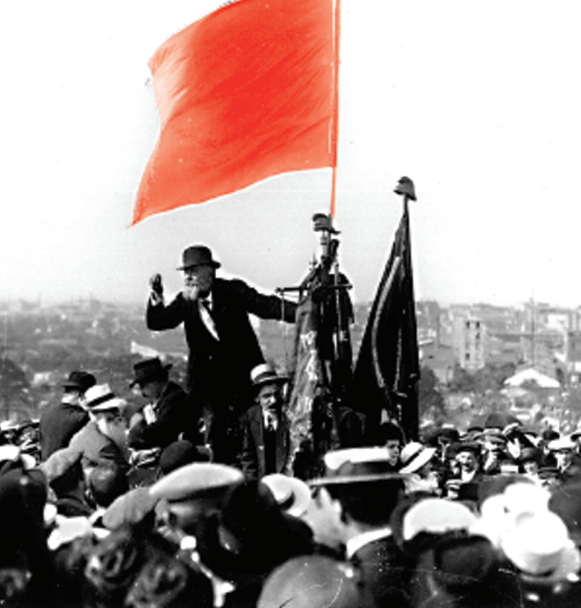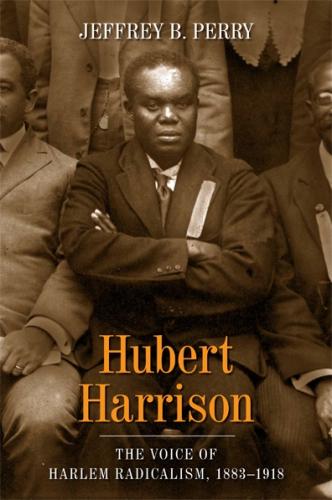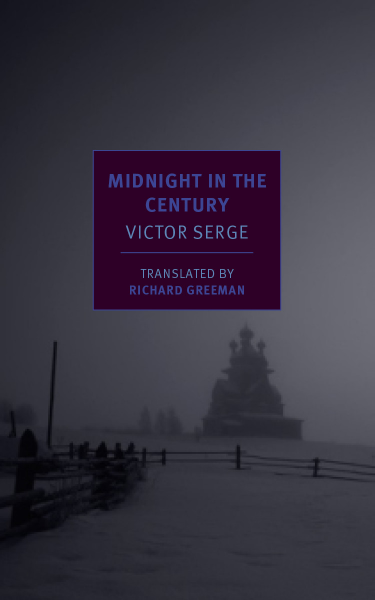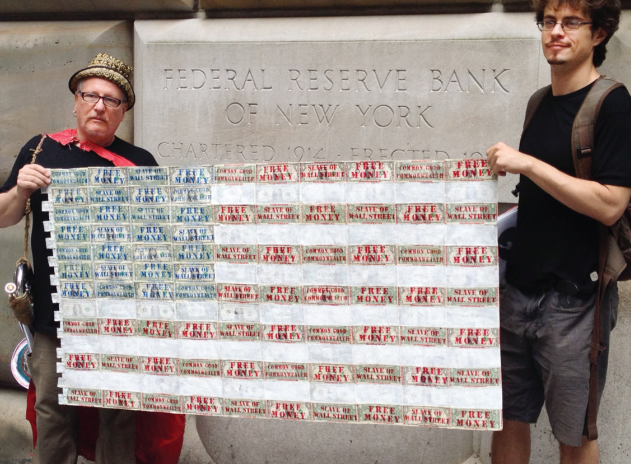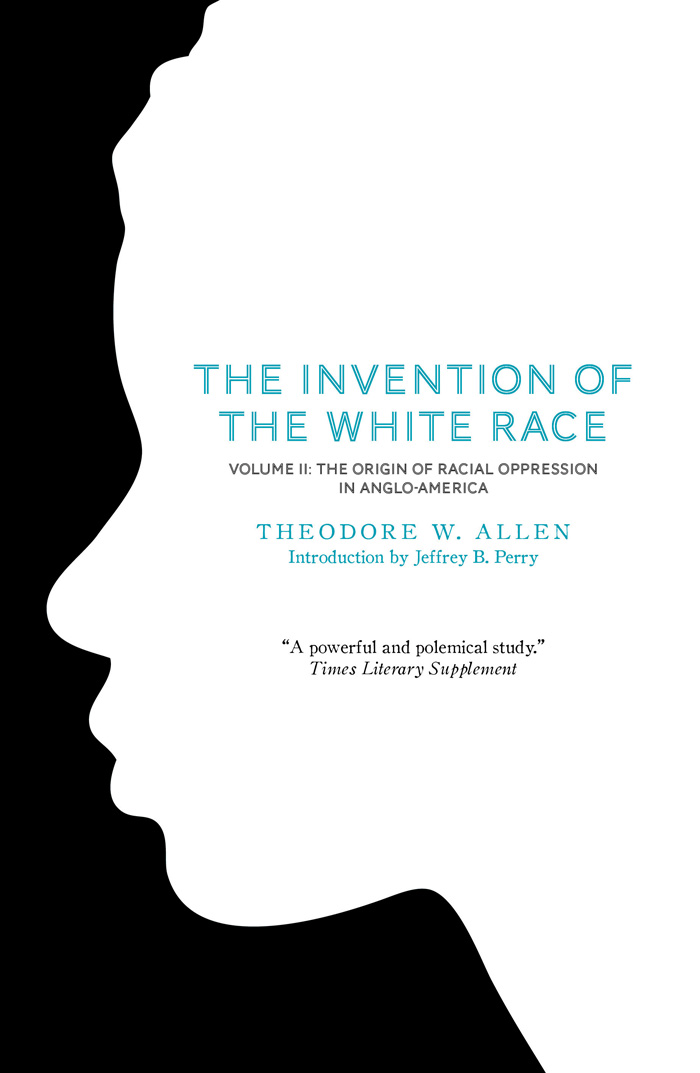The Long French Revolution in Literature and Life: 1789-1871
For Marxist and democratic historians, France remains the ‘model’ country for the analysis of class struggles and political revolutions, which overthrew the established order in 1789, 1830, 1848 and 1871 (and profoundly threatened the bourgeois order again in 1968). We will examine these successive revolutions chronologically through the eyes of both radical historians and novelists.
Spectres of the Dialectic from the Big Bang to the Multiverse: Explorations with Hegel, Marx & Engels on the Philosophy of Nature
Through writings, videos, and other media we will engage in issues in modern physics and biology that get to the core of the current crisis in science and take us beyond the limitations of the mechanical picture of the world we have inherited.
The Science and Politics of our Ecological Crisis
A Marxist approach will be taken to explain the origins of modern science as a cultural production of our socio-economic system, in order to examine the roots of our ecological crisis.
Fanon Black Skin, White Masks with Kazembe Balagun
A Reading and Writing Group on the Seminal Work of Frantz Fanon With deft analysis and radical fervor, Frantz Fanon (1925-1961) was the patron saint of the revolutionary movements of the global south. As a psychiatrist and writer he played a key part in the liberation of Algeria. His seminal work Wretched of the Earth ... Read more
The Origins and Development of Bolshevism: 1900-1914
11 Sessions Starts October 6, 2014 5:30-7:30pm at The Brooklyn Commons $95-125 (no one turned away for inability to pay) This course will explore the evolution of Bolshevik theory and organizational practice in the 15-year period leading up to the 1914 outbreak of World War One. We will seek to understand their praxis with reference ... Read more
The Commons: An All-Day Seminar with Siliva Federici
While evoking a pre-capitalist past, the idea of the “common(s)” is embraced today by feminists, anarchists, greens, Marxists/socialists as the formative principle of a non-capitalist society. The workshop will examine : A. What the concept of “the common” has represented historically, especially in the Marxist/socialist as well as the anarchist and feminist traditions and the ... Read more
Tlatelolco in 1968, Guerrero Today: The State and Mass Murder in Mexico
On September 26, 43 students at a rural teachers’ college in the state of Guerrero, Mexico, disappeared after a confrontation with police who opened fire on them.
Precarious Labor, Precarious Lives Reading Group
Since the 1990s, scholars and activists have written about the impact of practices like “flexible accumulation” on workers and communities. We experience this in a very empirical and existential way, as so many of us can no longer count upon having (or keeping) a stable, secure job with benefits, or maintaining a roof over our heads. “Contingent labor” is not an abstraction but a harsh reality.
An Indigenous People’s Reading Group
The Indigenous Peoples’ Reading Group has grown from the enthusiastic call for the need of greater understanding of the long history of the peoples of North America who were here before and remain after the European colonists came to settle and bring this hemisphere and those peoples under their control and exploitation, following a stirring presentation by Roxanne Dunbar-Ortiz this past September.
Jean Jaurès 100 Years Later: His Life and Legacy
Jean Jaurès, who consistently countered the rise of militarism and opposed the war, was assassinated July 31, 1914, by a right-wing fanatic. Days later, World War I began the French socialists supported it.
Hubert Harrison: The Voice of Harlem Radicalism, 1883-1918
Hubert Harrison, (1883-1927) was a brilliant writer, orator, educator, critic, and political activist, who was described by the historian Joel A. Rogers as “the foremost Afro-American intellect of his time” and by A. Philip Randolph as “the father of Harlem Radicalism.”
Victor Serge: Midnight in the Century
In 1933, Victor Serge was arrested by Stalin’s police, interrogated, and held in solitary confinement for more than eighty days. Released, he spent two years in exile in remote Orenburg. These experiences were the inspiration for Midnight in the Century, Serge’s searching novel about revolutionaries living in the shadow of Stalin’s betrayal of the revolution.
Beyond Capitalism: Art, Performance & Politics
In 2008 artist and activist Jim Costanzo began appearing on Wall Street as the Aaron Burr Society, drawing upon a little-known figure from America's past as a way of critiquing and offering alternatives to the current dysfunctional capitalist system. The ABS distributed 100 one-dollar bills on Wall Street stamped with “Free Money” on one side and “Slave of New York” on the other. The Federal Reserve Bank was authorized to bail out Wall Street Banks with tax dollars from the 99% that was given as Free Money after the 2008 crash. Government deregulation and the subsequent corporate fraud caused the crash and resulted in people losing their jobs and homes.
Theodore W. Allen’s The Invention of The White Race
A former coal miner, factory worker, teacher, postal mailhandler, and Brooklyn Public Library worker, Theodore Allen pioneered “white skin privilege” analysis in 1965, co-authored White Blindspot in 1967.

